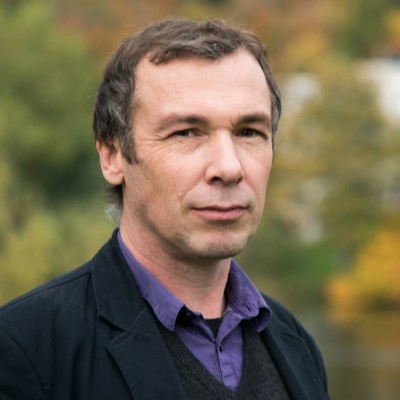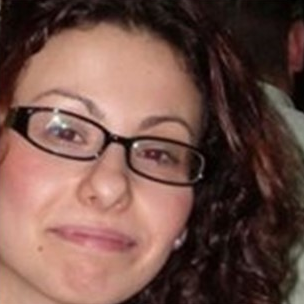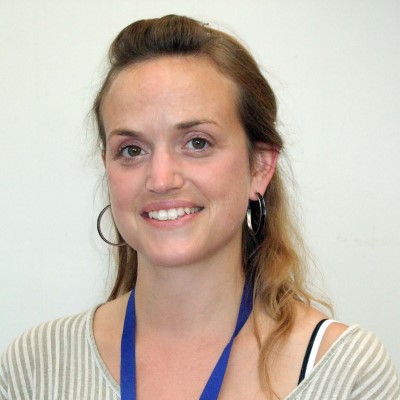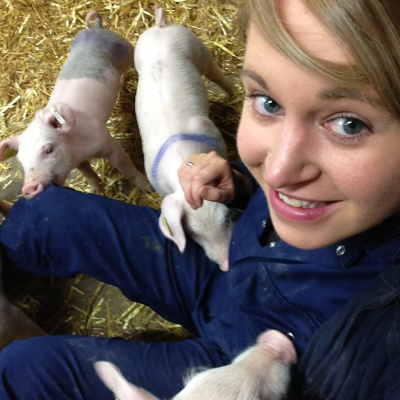CIEL | Meet the Scientist
Dr Taro Takahashi
Senior Lecturer in Sustainable Livestock Systems and Food Security

What projects are you currently working on?
I have two strands of research currently. The first concerns the economic-environmental trade-offs intrinsic to agricultural production. Here, I am particularly interested in unintended consequences caused by policies and interventions developed without proper understanding of this structure. As an example, we recently demonstrated that a naively designed red meat tax can do more harm than good through disproportionally large macroeconomic losses to society. To read more on this, click here.
The second strand centres on promotion of data-driven agriculture. Here, my primary interest lies in ‘shortlisting’ the information farmers should record on-farm to improve their economic or environmental performance and, equally importantly, identification of information they don’t actually need to record, despite being frequently told to do so. A typical example for the latter is when multiple metrics are strongly correlated with each other – if so, the incremental benefit of the second metric onwards is likely to be outweighed by the cost of measuring them, as we have recently shown for the case of lowland sheep systems. For more information, please click here.
What capability are you drawing on to deliver your research?
I’m on a joint appointment with Rothamsted Research and so both my employers are equipped with CIEL-supported facilities. Bristol’s skillset in animal health, behaviour and welfare is very complementary to the rich dataset and associated expertise at the North Wyke Farm Platform. This arrangement has been critical for my research. Between Bristol and Rothamsted we can cover all major species which is important when drawing a blueprint for the future of the industry.
How did you arrive at doing what you do now?
I chose to study a BSc in agricultural science because I wanted to help improve global food security. But on graduation, I realised that few ‘hard science’ solutions to this problem are adopted by farmers without an economic incentive, or at least a risk incentive. So, I switched discipline and did a PhD in economics. But there, I realised few mathematically optimal solutions to the problem were realistic enough to be actually helpful. Stuck in the middle, nowadays, I try to combine skills from both disciplines to find the right balance between hard scientific rigour, mathematical rigour and the economic reality facing farmers — but, sadly, it’s still work in progress to master the art of interdisciplinary research.
What would be your ideal research project assuming no barriers to resources?
As an economist I have a rather unromantic habit of thinking about how to reduce project cost without forgoing the quality of work, not the other way around! But if resources were not an issue, I would probably like to trial dozens of different production systems — sward, breed, rotation and maybe silvopasture and mixed farming too — at every corner of UK grassland so that the trade-off structure I mentioned earlier could be more systematically understood. And if time was not an issue, I would like to fast forward this trial by 100 years so that long-term sustainability and carbon sequestration capability of each strategy can be more accurately quantified.
What do you think is the key question to ask as we seek to reduce emissions from livestock systems?
Which managerial changes will improve a farm’s economic and greenhouse gas performances at the same time? If a farming system is operating at a very high level of resource use efficiency, then the only way to further reduce total greenhouse gas emissions from the farm may be to forgo some profit. But evidence from production economics indicates that such cases are rare, and given this, an improvement in animal performance could often be the single largest driver of the farm’s climate impact as we have previously shown (please click here).
With this in mind, CIEL is commissioning a follow-up report to its ‘Net Zero Carbon & UK Livestock’ report published in 2020 that summarised where the livestock industry stands today. The latest publication will provide a practical guide to farmers explaining what mitigation options they have and how effective each option is likely to be.
Find out more about our Founding Research Member, University of Bristol.







